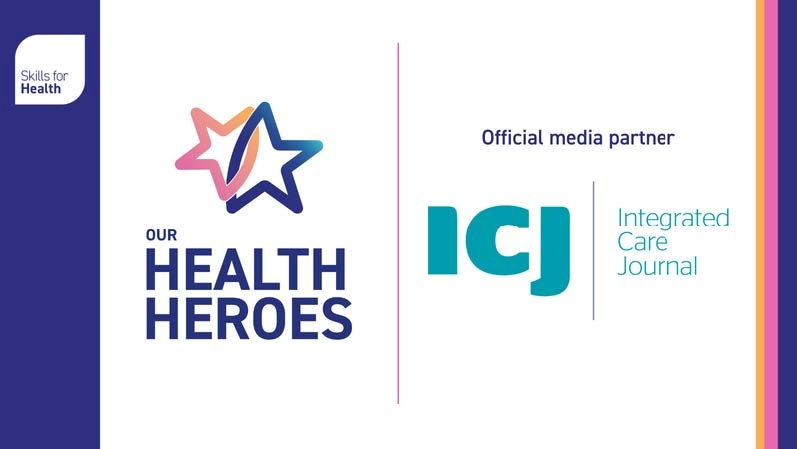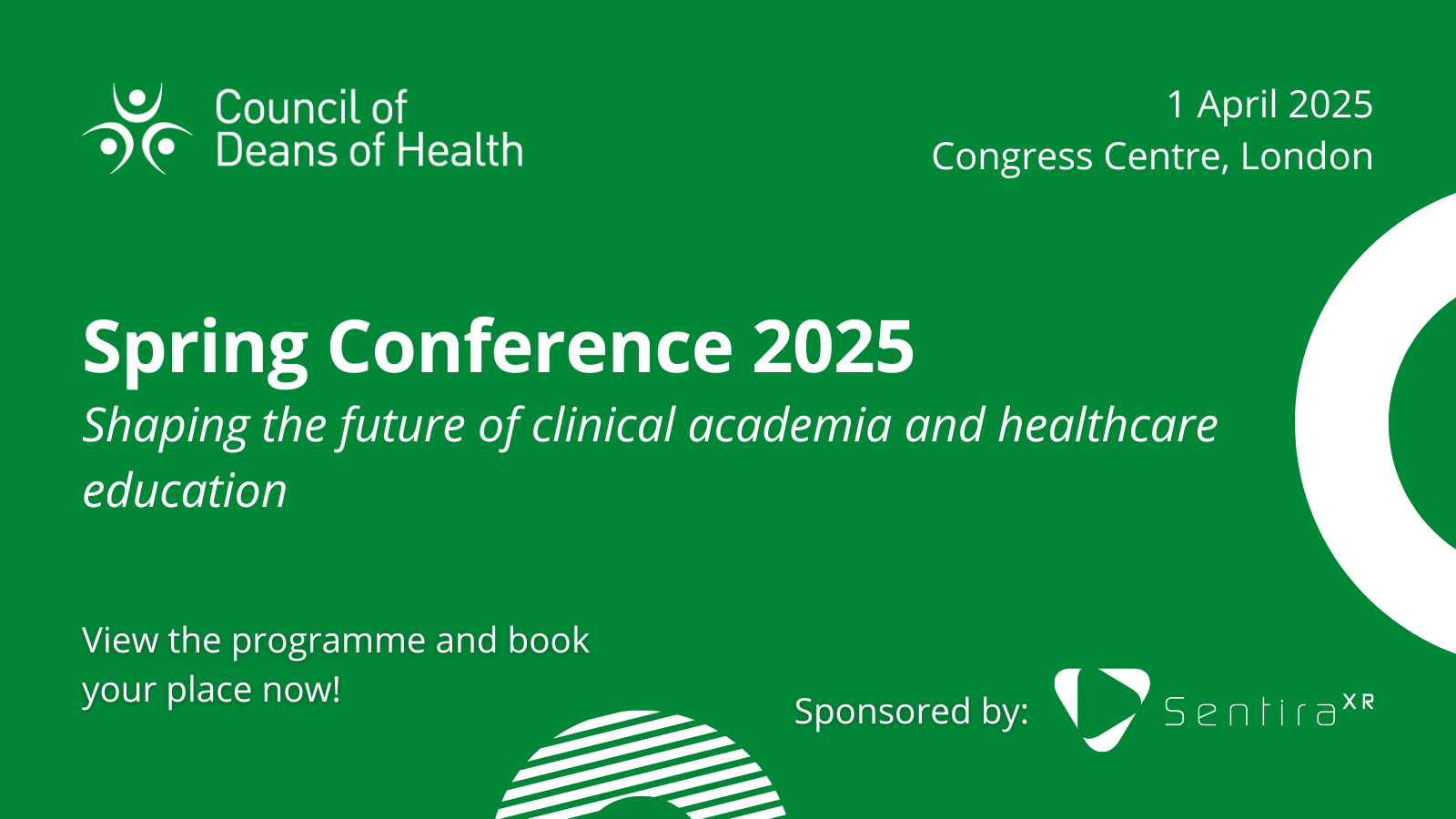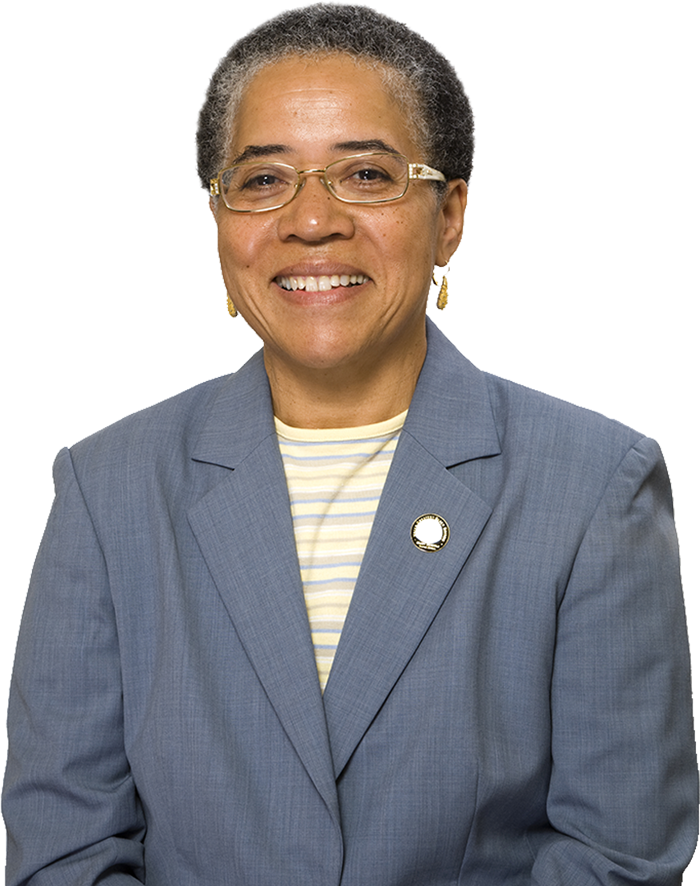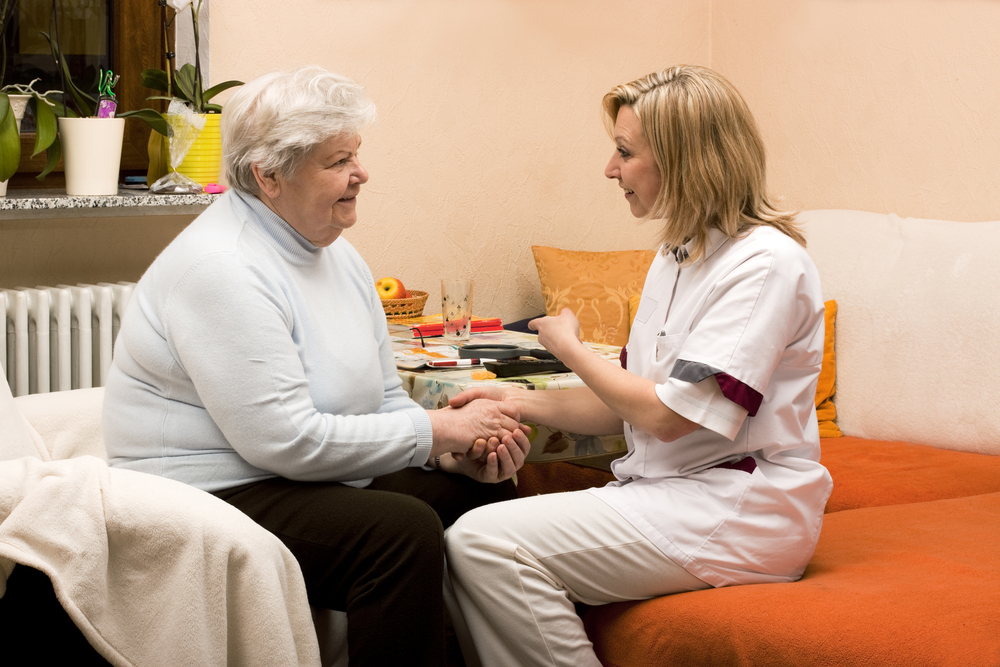On Monday 26th February 2024, Public Policy Projects (PPP) held a webinar to reflect on the PPP 2023 wound care programme, ‘Going Further For Wound Healing’ and to discuss the priorities for wound care in 2024.
Wound care represents the third highest expense for the NHS, after cancer and diabetes, and cost the NHS £8.3 billion in 2017/18. PPP’s webinar provided a platform for stakeholders to address critical aspects of wound care, emphasising collaboration, the challenges with engaging primary care and the urgent need to improve commissioning practices.
Chaired by PPP Chair, the Rt. Hon Stephen Dorrell, the panel included Kirsi Isoherranen, who serves as the Head of Helsinki Wound Healing Centre at Helsinki University Hospital and President of the European Wound Management Association (EWMA), Christine O’Conner, the National Commercial Strategy Lead at Coloplast, Naseer (Nas) Ahmad, a Consultant Vascular Surgeon at Manchester University Foundation Trust, and David Lawson, the Director of Strategy at the Medical Technology Directorate within the Department of Health and Social Care.
Experts stressed the need for integrated care boards (ICBs) to address the escalating costs of wound care and the importance of upskilling staff to prioritise healing over mere wound maintenance. One of the delegates stated: “We must change the conversation from management to healing; we can heal wounds!” Kirsi Isoherranen emphasised during the discussion that the “cheapest wound is the healed wound”.
Addressing “the delusion” that dressing spend constitutes the bulk of wound care costs, Christine O’Connor clarified that the majority of primary expense lies in the resources allocated to healthcare professionals, particularly community and practice nurses. O’Connor emphasised the need for commissioners to recognise the financial and capacity benefits of prioritising wound care.
David Lawson higlighted challenges of innovation adoption within the NHS, emphasising the need to move beyond pilot phases to scale adoption. He advocated for prioritising value-based procurement principles to understand the true value of products. He highlighted initiatives such as developing a draft methodology for applying these principles and actively managing the listing of products to prioritise value. The goal, Lawson argued, is to bring about a culture change in the procurement community and ensure that changes do not burden industry unnecessarily.
Effecting system level change
Speakers also highlighted successful initiatives undertaken in Greater Manchester ICB to include wound care as a strategic objective for the ICB. Nas Ahmad argued that, by re-evaluating traditional practices and leveraging a multidisciplinary approach, significant improvements can be made without additional resources. Results from the five-year initiative demonstrated a reduction in amputations, with a 42 per cent decrease observed in Salford alone. The strategy involved shifting the language from wound care to amputations, emphasising equality and reducing inequality in outcomes.
This approach facilitated engagement with commissioners and enabled wound care integration into Greater Manchester’s five-year strategy. The success factors included fostering a unified vision among stakeholders, optimising resource allocation by eliminating non-essential practices, and enhancing skillsets through training. This prompted a delegate to add: “A blue print for ICBs for joined-up, cross-organisational wound care would be good; [one] that describes the opportunity and the building blocks to implementing change.”
PPP advocacy as a vehicle for change
Another key aspect highlighted in the webinar was the collaboration between the European Wound Management Association (EWMA) and PPP, and EWMA, through PPP’s advocacy, research, expert panels, and cooperation can enhance wound care. Kirsi Isoherranen, President of EWMA, emphasised the importance of implementing wound care guidelines, particularly in primary care where early diagnostics play a crucial role.
O’Connor emphasised: “The PPP conference and roundtables were absolutely a major breakthrough in terms of moving the agenda forward. I think this has been a great opportunity to build on what’s been done previously. Commitment of industry is 100 per cent there to support the direction of travel. We need to go in and bring more”. In conclusion, the recent PPP webinar on wound care highlighted the critical need for collaboration, innovation, and improved commissioning practices to enhance patient outcomes and optimise healthcare resources
Nas Ahmad higlighted: “I’ve been to quite a few conferences, and this was one of the first conferences where we had such a multidisciplinary approach. We had people not only from nursing, but also from commissioners, finance and various other people there. So for the first time we had everybody in the same room for a detailed discussion about how we can actually move things forward. I think this is one of the strengths of PPP. So congratulations on all you have done.”
Turning knowledge into action
Echoing points made throughout the webinar, the Rt. Hon Stephen Dorrell emphasised the significant impact of effective wound care on healthcare delivery and patient well-being, highlighting the need to address the financial and human costs associated with inadequate wound care. He stressed the importance of professional and economic incentives for delivering high-quality services. He also highlighted the challenge of transforming “knowledge into action”, and the importance of “identifying and implementing best practices to improve patient outcomes and optimise healthcare resources”.
Similarly, a Chief Executive of a community service emphasised: “You need to commission early intervention in primary care. Currently, many GP practices do not believe they are commissioned to provide lower limb wound management.” This was supported by Kirsi Isoherranen, who added: “I totally agree with this point; the secret lies in primary care. EWMA now has a GP network that we aim to grow and similar teams exist for nurses. Education and implementation of guidelines, including prevention guidelines. Pharmacists and physiotherapists also play a role with dressings and compression.”
Additionally, Emma Deakin from compression solutions manufacturer Sigvaris emphasised the importance of prevention through early compression intervention and application and the need to improve clinician confidence and knowlegde to avoid delay in treatment. She added that here is a long way to go still (and that patient empowerment and education will also be needed), until patients can self-manage and take responsibility for their health.
Contributors shared their perspectives on the need for specialisation in wound care education; the role of GPs; the importance of multidisciplinary care, data collection and analysis; patient advocacy; and the need for a whole-system approach to wound care.
One participant, Tracy Vernon, Clinical Nurse Manager at Coloplast Wound Care, said: “ The challenge we have is the data quality we have to date varies significantly. Without time and investment to our HCPs, their confidence and competency is sub optimal in parts – hence the huge variation and health inequalities we see nationally.”
Contibutors also addressed challenges such as insufficient education for medical students, lack of data, and the need for better adoption of known effective practices. The discussion underscored the urgency of addressing these challenges to improve wound care outcomes and reduce harm to patients.
Health.IO’s Thariea Whisker, Director of Minuteful for Wound Services U.K. commented: “Yes we have seen commissioning gaps for wound care in our discussions with our NHS partners. We need to remember that wound care is not in a GP contract in real time and that it needs to possibly be adopted as a PCN initiative and significant upskilling and educational support is needed.”
What is next:
PPP’s second public webinar on wound care will build on this discussion. Held on 25th March, 5pm, it will be chaired by the Rt. Hon Lord Hunt of Kings Heath, OBE, and Former President of the Royal Society for Public Health, and will focus on the unmet needs in wound care, highlighting the key takeaways from PPP’s 2023 programme. These included fostering collaboration by breaking down professional silos, enhancing better commissioning of wound care and raising the patient voice.
Lord Hunt will be joined by a panel of speakers including Pioneer Wound Clinics Medical Director, Steven Jeffrey, who will give his perspective on what PPP’s programme achieved in 2023 and what he considers priorities for 2024, including driving improvements in services and the importance of research.
Andrea Keady, Health Economics Lead at 3M, will discuss how the PPP programme has helped to bring a community of thought leaders together, both from within and outside the wound care community and how this is helping to break down silos and grow the involvement of the National Pharmacy Association, commissioners, and NHSE leads.
Alison Hopkins, Chief Executive of Accelerate CIC will explore how the programme helped support change locally in Northeast London ICB and the challenges faced by wound care leaders like her trying to raise wound care as a priority at ICB level. She will discuss inequalities data and how it can help us understand the challenges facing patients and systems.
Victoria Townsend, Programme Director – Population Health Manager at Lincolnshire ICS, will reflect on what she learnt from PPP’s 2023 programme and what she considers priorities for wound care in 2024, including using population health data can help highlight inequalities in wound care and how wound care links to ICB priorities.
The valuable discussions from these webinars will be continued in the PPP Wound Care Programme. This programme will include four, virtual invitation-only roundtables, with an insights report produced for each roundtable featuring ICS case studies and capturing findings and recommendations. The programme will culminate in a large scale, in-person conference towards the end of 2024 which will include panel discussions, debates, networking and more. We will end the programme with the launch of the PPP 2024 Wound Care report.
Key themes of our 2024 Programme will address:
- Innovation, prevention and inequalities
- Wound care case studies delivered by ICS senior leaders
- Commissioning wound care effectively and leadership in wound care
- Pharmacy and the role of medicines professionals in wound care
- Integrating wound care and breaking down silos
- Workforce and harm
To be involved as a sponsor or speaker in the PPP Wound Care Programme 2024, please contact Ameneh Saatchi on ameneh.saatchi@publicpolicyprojects.com.










